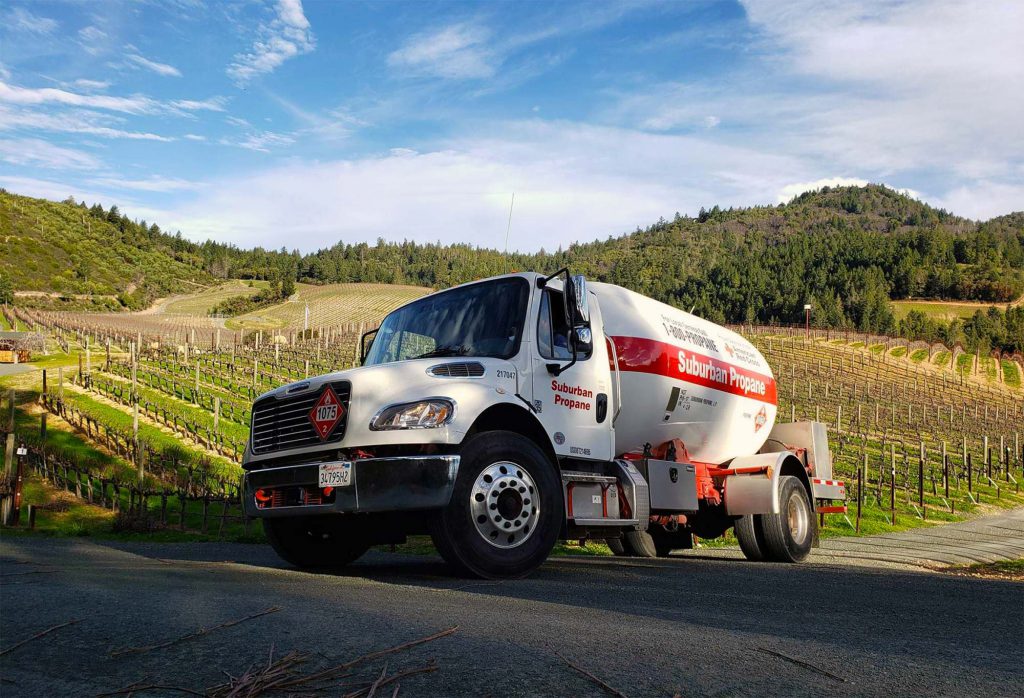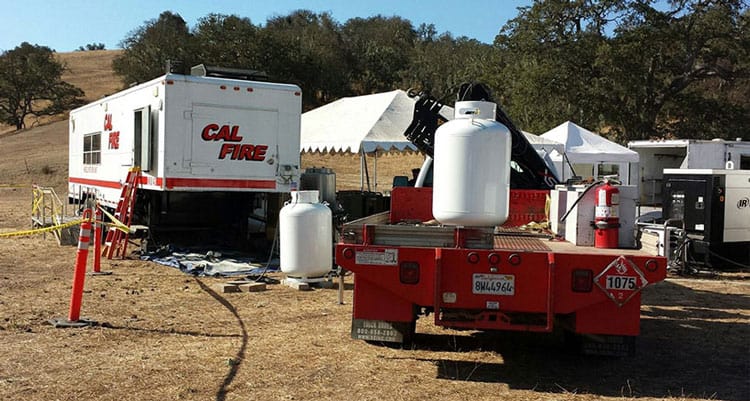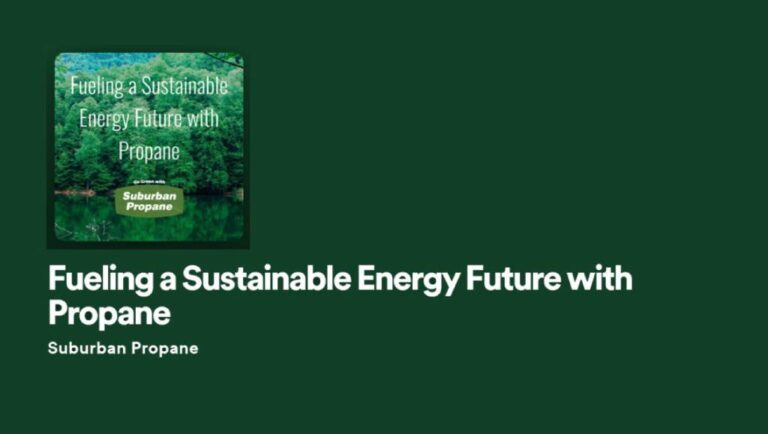Green Monday: Propane Offers More Direct Path to Decarbonization than EVs

Propane-fueled medium-duty and heavy-duty (MD-HD) internal combustion engine vehicles provide a lower carbon footprint solution in 38 U.S. states and Washington, D.C., when compared to MD-HD electric vehicles (EVs) charged using the electrical grid, according to a comparative analysis recently released by the Propane Education & Research Council (PERC), a nonprofit that invests in research and development of new propane-powered technologies.
“It’s often assumed that full electrification of all sectors will lead to their full decarbonization, but little thought on how electricity is currently generated, stored, transmitted and consumed has been considered,” says Dr. Gokul Vishwanathan, author of the analysis and director of research and sustainability at PERC. “While a fully renewable-based electric grid is not feasible anytime soon, propane is an effective solution today for accelerating decarbonization of transportation and other energy sectors.”
PERC’s analysis, Decarbonization of MD-HD Vehicles with Propane, notes 15 states and Washington, D.C., have proposed full electrification of medium- and heavy-duty trucks by 2050 with a target of 30% zero-emission vehicle sales by 2030. The rationale behind the proposals is based on the assumption that the electrical grid will be fully decarbonized by that time. Likewise, policy based on exhaust carbon dioxide (CO2eq) emissions alone as opposed to life-cycle analysis results misses the full picture, claims the report. As a result, policy proposals today conflate the promise of electrification with actual decarbonization.
The comparative analysis also reveals that MD-HD vehicles powered by renewable propane provide a lower carbon footprint solution in every U.S. state except Vermont where electricity is generated by, and imported from, Canadian hydroelectric power plants. Renewable propane is derived from sources such as beef fats, vegetable oils, grease residue and other biomass feedstocks.
Moreover, the analysis shows that decarbonization can be accelerated by adopting propane as the fuel of choice for MD-HD vehicles. The conclusion is supported by a life-cycle analysis of equivalent CO2eq emissions between electric and propane-fueled vehicles across the U.S. using CARB carbon intensity values along with a powertrain efficiency analysis.
The comparative analysis presented decarbonization recommendations, including:
- All 50 states should invest resources in incentivizing renewable fuels
- Federal government agencies, particularly the Department of Energy, should invest in various parallel pathways for renewable and synthetic fuel production to ensure supply
- The U.S. should pursue available decarbonization efforts using alternative fuels such as propane and dimethyl ether (DME) rather than wait on grid infrastructure improvements
Courtesy of Propane Education Research Council (PERC)
Share this story, choose your platform:
Related Posts
Peace of mind
with dependable
fuel supply, when
you need it

COMMUNITY
700+
Locations providing exceptional service to local communities across 42 states
EXPERIENCE
95+
Years serving our customers and their communities. Customer satisfaction since 1928
CUSTOMER SERVICE
3,200+
Dedicated employees ready to assist you with quality service for all your fuel needs
RELIABILITY
24/7/365
We are here for you with customer service representatives standing by to take your call
Please call us 24/7/365 at 1-800-PROPANE



